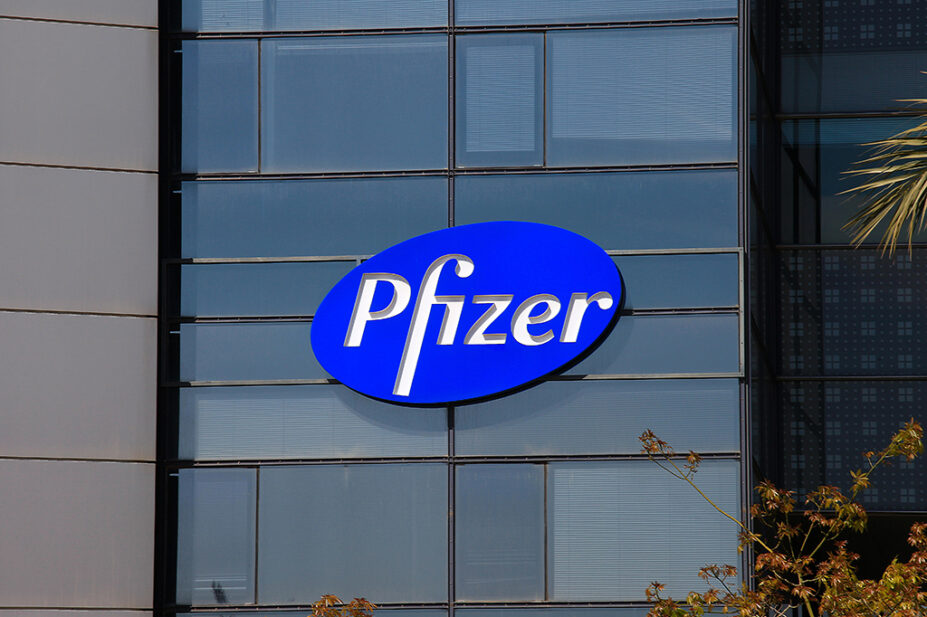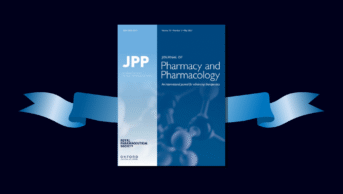
StockStudio / Alamy Stock Photo
The National Institute of Health and Care Excellence (NICE) has requested more evidence from Pfizer on its sickle cell disease (SCD) treatment voxelotor (Oxbryta), after the manufacturer successfully appealed against NICE’s rejection for use of the treatment on the NHS.
SCD is an inherited red blood cell disorder affecting around 14,000 people in the UK, and is most common in people with African, Caribbean, Middle Eastern or South Asian heritage.
Voxelotor, for the treatment of haemolytic anaemia owing to SCD, was granted market authorisation by the Medicines and Healthcare products Regulatory Agency (MHRA) in July 2022.
The treatment offered a potential new option for SCD patients, as the NHS treatments currently available — blood transfusions or hydroxycarbamide — are not suitable for everyone.
However, NICE did not recommended voxelotor for NHS use in final draft guidance, published on 18 July 2023, on the grounds that clinical trials did not provide enough evidence to support cost effectiveness.
Following an appeal to NICE by the Sickle Cell Society and Pfizer in October 2023, the appeal decision, published in December 2023, recognised that NICE had breached its duties under the Equality Act 2010 by failing to make adequate adjustments to reflect the health inequalities associated with SCD.
NICE published new draft guidance on 27 February 2024, which is open for consultation until 19 March 2024. It includes a revised position on the cost effectiveness of the drug.
In a statement, NICE said: “NICE will now ask the company, Pfizer, to submit additional evidence that might help reduce the outstanding uncertainties [about voxelotor].”
After the consultation, the evaluation committee will meet to consider the evidence before preparing new final draft guidance.
A spokesperson for Pfizer told The Pharmaceutical Journal that it was “committed to working with NICE to try and address any uncertainties and hopes that ultimately this treatment can reach eligible patients, who face significant inequalities and unmet medical needs”.
John James, chief executive of the Sickle Cell Society, told The Pharmaceutical Journal that the new draft guidance and consultation on the use of voxelotor “offers hope that a safe and effective treatment will become widely accessible to those who need it most”.
“The broader issue here is that individuals are living with sickle cell disorder, a lifelong condition, and there’s a very limited range of treatments at their disposal.
“As their needs evolve over time, there’s a stark deficiency in options to adjust their treatment regime to sustain or enhance their quality of life and overall health,” he said.
NICE estimates that around 4,000 people would be eligible for voxelotor if it was recommended.
Only two treatments for SCD have been approved in the past 20 years, and one of these was later withdrawn.
Crizanlizumab (Adakveo; Novartis) was recommended by NICE for preventing recurrent sickle cell crisis in October 2021, but the marketing authorisation was withdrawn by the MHRA on 10 January 2024 after the drug’s clinical benefit was not confirmed in a phase III study.
MHRA authorised the gene therapy treatment exagamglogene autotemcel (Casgevy; Vertex Pharmaceuticals) for SCD on 16 November 2023, but it is yet to go through the NICE approval process before it can be made available to patients via the NHS.


